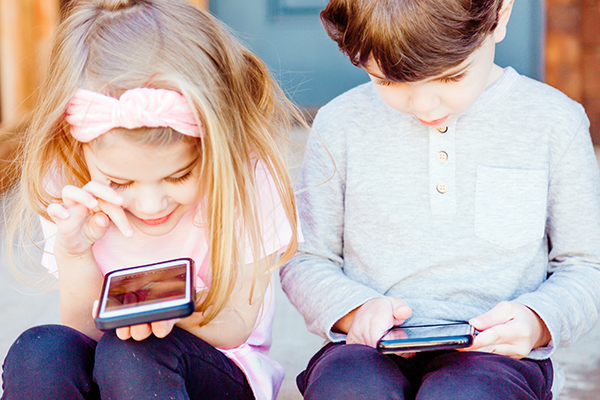The learning should never stop
March 18, 2020
Share

With schools closed for at least the next three weeks, Queen’s University researcher Lynda Colgan says it’s critical for parents and guardians to continue to keep young people engaged through informal learning opportunities. This will help them to feel more positive and prepared about returning to the classroom, when school is back in session.
“We know there is evidence of a ‘summer slide,’ which teachers have to work through in the fall. Some researchers suggest that in mathematics, children lose about 2.6 months of learning over the summer vacation. This situation is really no different,” says Dr. Colgan, who has been an educator for more than 30 years. “Routines have gone out the window, but we need to keep learning a daily routine and there are lots of ways to do that and keep it fun at the same time.”
Both locally and on a provincial level, there are a lot of learning opportunities available. Dr. Colgan says there are many free resources online for both younger learners and those at more advanced education levels. Locally, Science Rendezvous Kingston (@STEMygk) is tweeting new activities daily including bird watching, creating green cleaning products in your own kitchen, building a bottle rocket, and is supporting a Lego building challenge from @WAFFLESRobotics.
On a provincial level, organizations like Discover the Universe are offering online astronomy courses while Reading Rockets has a wide range of information for parents and unique activities for children. PopSugar is also sponsoring daily book readings by popular authors. Young people interested in history and science can visit the American Museum of Natural History for videos about dinosaurs and fossils.
“We are trying to do our best locally and I’ve personally been tweeting an activity every day,” says Dr. Colgan. “For me, it’s important have children reading and also doing some other kind of educational activity on a daily basis. This could include cooking with the family, which involves reading recipes and measuring ingredients. We know anxiety is increasing in children as the adults in their worlds are becoming increasingly stressed. Family activities like these are essential, educational, and reinforce the importance of human connection especially at a time like this”
Dr. Colgan, who has taught at all levels of public education in Ontario and is a leading researcher in elementary mathematics education, also addresses the increasing number of “education” videos popping up on social media channels as well as via workbooks and flashcard sets available in stores. She says worksheets do not often result in meaningful learning and many videos not only lack instructional quality, they contain content and strategies that are misleading at best, and wrong at worst. It is important to use websites, videos and on-line tutorials that are developed and recommended by educators.
“The most important message is that learning at home should not generate anxiety on the part of parents or children. Learning at home should be more about instilling the attitude that the world is our classroom and that we can acquire new skills and interests simply through everyday actions more than being about meeting formal curriculum goals,” she adds. “Instead of playing video games, why not read a book online instead, or to reduce children’s screen time, try planting some vegetable seeds and measuring their growth or playing games like UNO and Quiddler. Learning, especially learning that is fun because it is achieved through alternative methods like kitchen-sink science and word games, will be engaging and most importantly, memorable.
For more even more resources visit the Queen’s University Faculty of Education’s Resources for Parents and Teachers website.